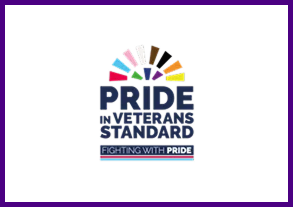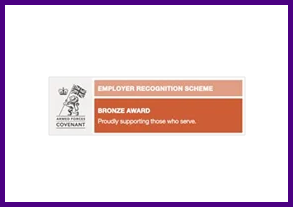Support With Moral Injury
Resources for Veterans & Families
Moral injury is a distinct psychological experience that occurs when a person feels they have violated their core moral or ethical beliefs. In the veteran community, this often results from actions taken — or not taken — during service that conflict with personal values.
Examples of morally injurious experiences include:
- Witnessing the death of civilians, especially children
- Being unable to prevent the death or injury of a comrade
- Following orders that lead to suffering
- Feeling betrayed by leadership or institutions
- Engaging in or observing behaviour that conflicts with ethical beliefs
Unlike PTSD, which is primarily fear-based, moral injury is rooted in shame, guilt, and moral dissonance. It often leads to:
- Deep internal conflict
- Loss of self-worth
- Emotional numbness or detachment
- Spiritual or existential crisis
- Self-hatred and persistent guilt
- Isolation and avoidance of social contact
Moral injury can be particularly hard to recognise and treat because it doesn’t always present as a diagnosable mental illness. Yet it can profoundly affect a veteran’s life. Left unaddressed, it may contribute to depression, substance misuse, and increased suicide risk.
In the UK, awareness of moral injury among veterans is growing. Though not yet formally classified as a mental health disorder, services are beginning to integrate treatment for moral injury into trauma care. Approaches such as Cognitive Processing Therapy, Acceptance and Commitment Therapy, and spiritual or pastoral counselling have shown promise.
Creating a safe, non-judgmental space for veterans to explore their experiences, reflect on their values, and reframe their narratives is essential for healing.
Moral Injury: Psychological Impact on UK Veterans
Moral injury is an increasingly recognised psychological condition affecting many veterans in the UK. Unlike traditional mental health disorders such as PTSD, moral injury arises from experiences that violate a person’s deeply held beliefs and values. For veterans, this often stems from actions taken, witnessed, or perceived during military service that conflict with their ethical standards—such as harming civilians, witnessing atrocities, or feeling betrayed by leadership.
Understanding Moral Injury
Moral injury involves profound feelings of guilt, shame, anger, and spiritual distress. It challenges a veteran’s sense of self and moral framework, often leading to intense internal conflict and a crisis of conscience. Unlike PTSD, which is linked primarily to fear-based trauma, moral injury centres on moral and ethical dissonance.
Psychological Impact on Veterans
UK veterans experiencing moral injury may face a range of emotional and psychological symptoms, including:
- Deep guilt and remorse over actions taken or witnessed
- Shame and self-condemnation affecting self-worth
- Feelings of betrayal by peers, commanders, or institutions
- Loss of trust in others and in the system
- Depression and anxiety
- Social withdrawal and isolation
- Suicidal thoughts or behaviours
- Spiritual or existential crisis, questioning meaning and purpose
These symptoms can severely disrupt a veteran’s ability to reintegrate into civilian life, maintain relationships, or seek help due to stigma and fear of judgment.
Prevalence Among UK Veterans
While specific data on the prevalence of moral injury in UK veterans is still emerging, studies from comparable Western military populations suggest that a significant portion—possibly up to 20–30% of combat-exposed veterans—experience symptoms related to moral injury. The complexity and overlap with PTSD and other mental health conditions make accurate identification challenging, but critical.
Psychological Support and Treatment Approaches in the UK
Addressing moral injury requires tailored psychological support that acknowledges the unique ethical and spiritual dimensions of the condition. UK veterans can access various services aimed at helping them process moral injury, including:
Specialist Mental Health Services: NHS Veterans’ Mental Health Services incorporate therapies such as Acceptance and Commitment Therapy (ACT), Cognitive Processing Therapy (CPT), and narrative therapy to help veterans reconcile moral conflicts and reduce self-blame.
Peer Support and Group Therapy: Veteran-specific groups offer safe, non-judgmental environments to share experiences, reduce isolation, and foster connection among those with similar moral struggles.
- Spiritual and Chaplaincy Support: Spiritual counselling or chaplaincy services can address existential concerns and support moral reconciliation.
- Charity Support: Organisations such as Combat Stress offer dedicated programmes addressing moral injury through integrated psychological and holistic care.
- Training for Clinicians: Growing efforts are underway to educate healthcare professionals about moral injury, ensuring more accurate recognition and appropriate interventions.
Importance of Recognition and Early Intervention
Because moral injury deeply affects a person’s identity and values, it can be resistant to standard PTSD treatments. Early recognition and targeted support are essential to reduce long-term psychological distress, promote healing, and help veterans rebuild their moral frameworks and sense of self.





